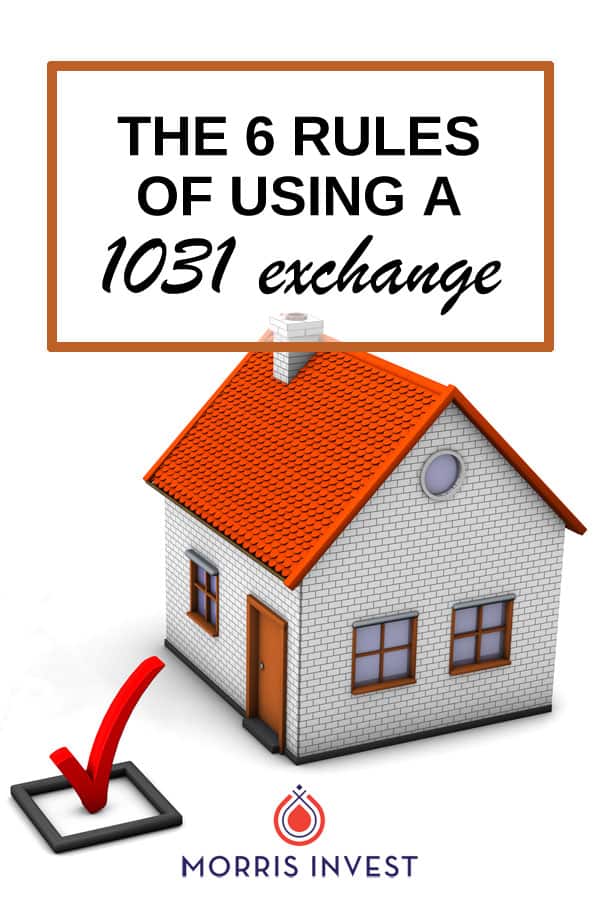

* For this purpose, the first 12-month period immediately preceding the exchange ends on the day before the exchange takes place (and begins 12 months prior to that day) and the second 12-month period ends on the day before the first 12-month period begins (and begins 12 months prior to that day). The homeowner limits his use of the vacation home to not more than 14 days or 10% of the number of days during the 12-month period that the vacation home is rented at a fair rental value.For each of the two-12-month periods, the vacation home is rented to another person at a fair rental for 14 days or more and.The holding period for the vacation home is at least 24 months immediately before the exchange*.The qualifications are the following: Relinquished property This revenue procedure clarified what was once considered a muddled area of 1031 exchanges. The answer is “yes” if the dwelling meets the qualifications set forth in Revenue Procedure 2008-16. Is it ok to go down in value and reduce the amount of debt I have in the property?

Taking money out for a Non Exchange Expense while the money is sitting with the Exchange Facilitator may jeopardize the exchange. If an Exchangor wants to take money out of the exchange to pay a Non Exchange Expense, they must do so at closing and taxes will be owed on the amount paid. Replacement Property Loan Acquisition Fees The following table indicates what is and is not considered a Normal Transactional Cost. Normal Transactional Costs, or Exchange Expenses, are classified as a reduction of boot and increase in basis, where as a Non Exchange Expense is considered taxable boot. The IRS stipulates that in order for closing costs to be paid out of exchange funds, the costs must be considered a Normal Transactional Cost. What does not qualify for a 1031 Exchange? As discussed previously, section 1031 applies to both “real property” and “personal property.” The primary difference between a personal property exchange and a real property exchange is the definition of like-kind. If we find the asset being relinquished does qualify for a 1031 Exchange, the next question is what the replacement property will be. The purpose and motivation behind the acquisition and use of real estate, how long the property is held and the principal business of the owner may be considered when determining if a real estate is dealer property. There are no clear guidelines as to what constitutes being a dealer. Persons dealing with stock in trade are called dealers and are not allowed to exchange their real estate unless they can prove that it was acquired and held strictly for investment. If an investor attempts to exchange too quickly after a property is acquired or trades many properties during a year, the investor may be considered a “dealer” and the properties may be considered stock in trade. If an investor buys “fixer-uppers” and sells them as soon as they are improved, the properties may be considered as stock in trade and cannot be exchanged. You cannot trade investment property for a personal residence, property in a foreign country or “stock in trade.” Houses built by a developer and offered for sale are stock in trade. You cannot trade partnership shares, notes, stocks, bonds, certificates of trust or other such items.

The exchanger has the flexibility to change investment strategies to fulfill their needs. A single-family residence can be exchanged for a duplex, raw land for a shopping center, or an office for apartments.

Any type of investment property can be exchanged for another type of investment property. Like-kind refers to the nature of the investment rather than the form. Any property held for productive use in a trade or business or for investment can be exchanged for like-kind property.


 0 kommentar(er)
0 kommentar(er)
